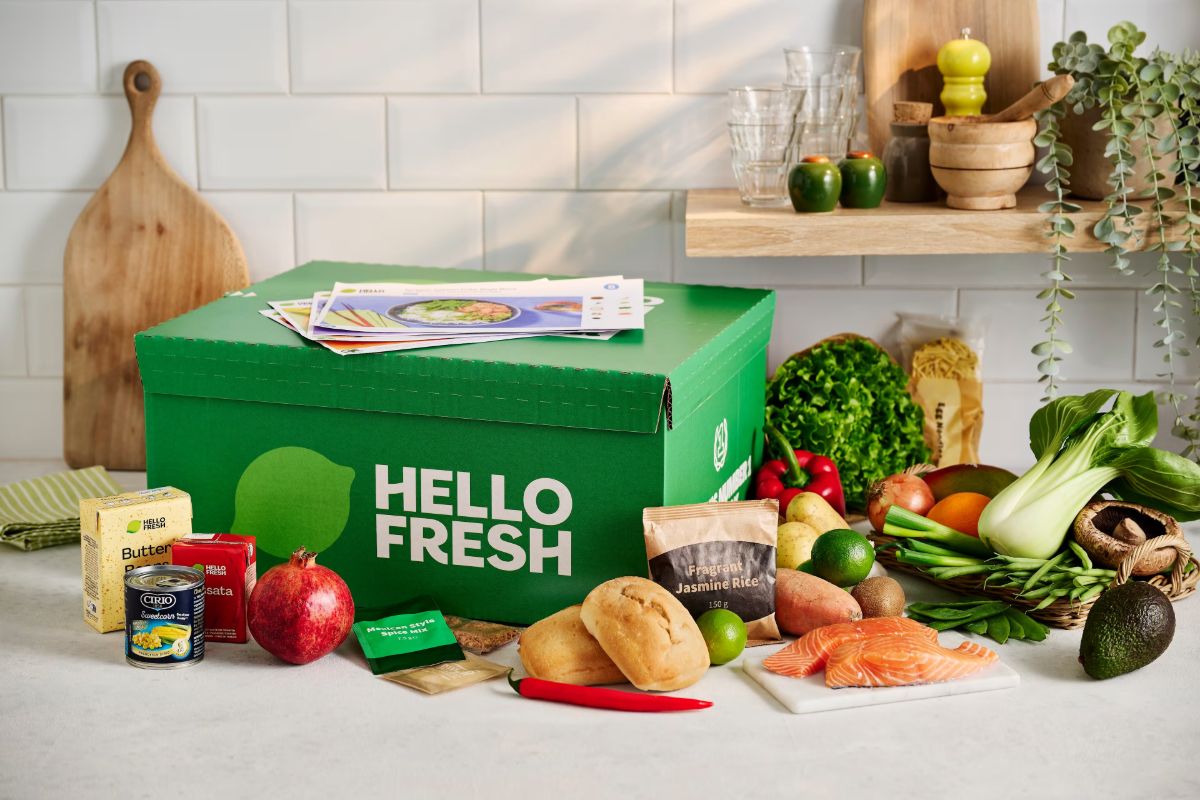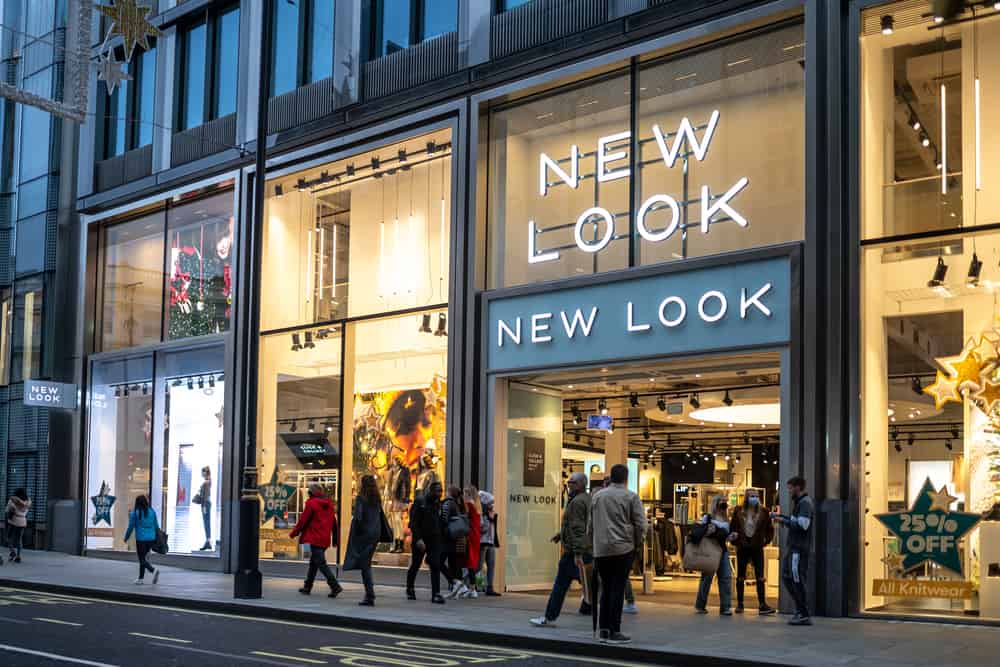Next today said the EU Referendum result had so far had little effect on its business – but that the falling value of sterling could push the price of its goods up in the medium term.
Next chief executive Simon Wolfson was a high-profile backer of the Brexit campaign before the referendum.
Today the multichannel fashion and homewares retailer said in a half-year trading update that it had seen “no clear evidence of any appreciable effect on consumer behaviour, apart from the first few days after the vote”. The EU Referendum was on June 23, and its result announced on June 24. In the week starting June 19, Next sales were down by about £2m, or 1%, on the same week in the previous year, and in the week starting June 26 they were down by more than £4m, or 2%. But the following week, starting July 3, saw sales grow by just over 1%, or £2m, on the previous year. Next said it was too early to draw any firm conclusions on UK consumer demand as a result of the referendum.
Next has stores in the UK and the Republic of Ireland, and sells online in 72 countries, including European Union member states. In the longer term, it said that it could fulfil European orders from its European warehouse and fulfilment operation “in the unlikely event that fulfilling sales from the UK becomes less efficient.” But it said that tariffs and other trade barriers were unlikely to be different, since most of its stock was manufactured outside the EU and was subject to EU customs and tariffs.
However, the falling value of the pound could affect its cost prices. While currency exposure is hedged for the year to January 2017, cost prices could rise by up to 5% next year. However, it said factors that might mitigate the devaluation of sterling included the weakening of some Far East currencies, including the Chinese yuan, and increasing competition and efficiency in the Asian markets where its goods are made.
The update came as Next reported in a trading update a 1.8% rise in total sales in the half-year to July 30. Growth came online, with sales in its predominantly online Directory channel up by 5.4%, while store-based retail sales fell by 0.7%. The retailer also maps full-price sales as it looks to measure the effect of discounting. These fell by 0.3% across the Next brand: full-price Directory sales were up by 4.9%, and full-price retail sales were down by 4%, although sales from new space rose by 1.5%.
It said “volatile” trading was affected by the weather, and that it expected the consumer trading environment to remain tough for the rest of the year.








